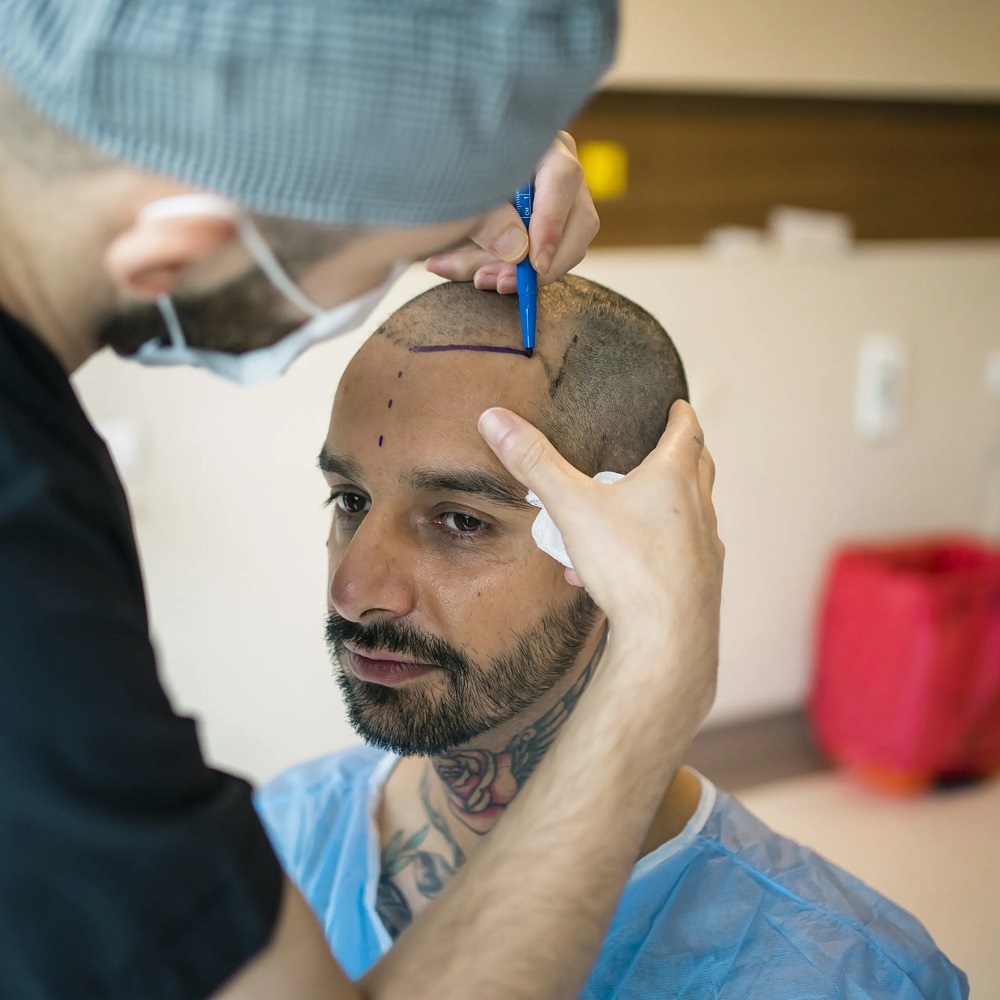A hair transplant is a transformative procedure that can significantly improve your appearance and confidence. However, your results largely depend on how well you care for yourself post-surgery. While many focus on wound care and avoiding strenuous activity, diet plays a vital role in recovery and hair growth. Knowing what to eat—and what not to eat—can support your healing process and optimize outcomes.
The Connection Between Diet and Recovery
After undergoing a hair transplant, your body enters a healing phase. During this period, your immune system works overtime to repair tissue and encourage the growth of new hair follicles. A nutrient-rich diet can fuel this process, but consuming the wrong foods can slow recovery, cause inflammation, and even negatively impact hair health. This is why avoiding certain foods is just as important as including the right ones in your daily meals.
If you have undergone a Hair Transplant in Islamabad, especially at a reputable clinic, your surgeon may have provided a list of do’s and don’ts. Among those, dietary guidelines are essential yet often overlooked.
Foods High in Sugar
Refined sugars, found in sweets, pastries, and sugary beverages, are inflammatory. Excess sugar increases the production of sebum (oil) on your scalp, which can clog pores and inhibit hair growth. Moreover, sugar spikes insulin levels, which can indirectly affect hormone balance and possibly lead to hair shedding.
Greasy and Fried Foods
Fried items such as French fries, burgers, and deep-fried snacks contain unhealthy fats that can increase sebum production, clog pores, and delay healing. These foods offer little nutritional benefit and can weaken the body’s natural healing mechanisms.
Processed Foods
Packaged snacks, canned meals, and fast foods are loaded with preservatives, sodium, and artificial additives. These chemicals can promote inflammation and hinder the absorption of nutrients that are vital for hair follicle health.
Excessive Red Meat
While red meat provides protein and iron, consuming it excessively—especially fatty cuts—can lead to higher levels of DHT (dihydrotestosterone), a hormone linked to hair loss. Moderation is key, and lean proteins like fish, chicken, and legumes should be prioritized during the healing period.
Spicy Foods
Spices like chili powder, pepper, and certain sauces can increase blood circulation and body temperature. While that may seem beneficial, excessive consumption can lead to sweating and irritation on the scalp, possibly affecting the newly implanted follicles.
Caffeine and Alcohol
Both alcohol and caffeinated beverages can dehydrate your body. Hydration is crucial for optimal healing. Alcohol also thins the blood, increasing the risk of bleeding during the initial recovery phase. It’s best to avoid these beverages for at least a week post-transplant.
Artificial Sweeteners and Soda
Diet sodas and artificially sweetened drinks may appear harmless, but their chemical composition can interfere with your body’s natural healing processes. Some artificial sweeteners are linked with hormonal disruptions, which may impact hair growth negatively.
What to Eat Instead
Now that you know what to avoid, focus on incorporating fresh vegetables, fruits, whole grains, lean proteins, and plenty of water into your diet. Nutrients like zinc, iron, biotin, and vitamins A, C, and E are especially beneficial for promoting new hair growth and faster healing.
Conclusion
Recovery after a hair transplant requires more than just topical care—it demands a conscious effort in every aspect of your lifestyle, especially your diet. Steering clear of processed, sugary, oily, and spicy foods can accelerate your healing and improve the overall success of the procedure. If you're unsure about what diet to follow, consult your surgeon or a nutritionist for personalized guidance. To ensure the best post-operative care and ongoing support, consider following up with the experts at Royal Cosmetic Surgery PK, where your journey to fuller, healthier hair is always in capable hands.





Comments